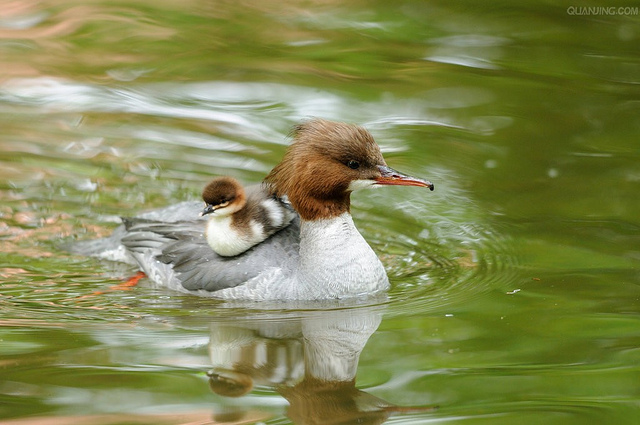
In social-media marketing circles, "trending topics" on Twitter are somewhat of a status symbol.
When Twitter's secret algorithm decides that a hashtag, word or phrase (up to three words) is being Tweeted more than usual, they put it on the front-page of Twitter Search, on the Twitter search results page (in the image on the right) and on the home page of some user's accounts.
When your brand achieves trending-topic status, you get an ego-boost, just like when you hit the front page of Digg. But just as with Digg, it's important to look past the feel-good benefits and figure out if there is any real business value to trending-topics.
Why Hashtags Are Useless
Many marketers think of hashtags first when they think about "going viral" on Twitter.
A hashtag is a word or string of characters that starts with a number sign. When a hashtag appears in a tweet, it links that word to its Twitter Search results page.
That's initially pretty appealing from a marketing perspective, but there's a problem: Twitter Search doesn't explain what the hashtag means .
Unless you're already involved in the conversation, the Twitter search results page is usually useless -- so useless that you often see Twitterers asking "What the heck is #suchandsuch? And why is it a trending topic?"

Other Trending Topics? Also Useless.
We've established that for marketing, hashtags are pointless , but hashtags aren't the only thing that can "trend." You could simply take the word you had been previously using as a hashtag and remove the number sign.
Unfortunately, that doesn't fix the above-mentioned problems -- it merely reduces the functionality of the word (no more link to Twitter Search).
Multi-word phrases can be crafted to make a bit more sense, but for the most part, any phrase common enough to trend will probably be opaque to those who aren't already familiar with it.
Don't Trending Topics Attract New Followers?
One benefit some marketers assume trending topics have is that they give the word, phrase or hashtag added exposure because they appear in a number of places.
Let's examine that idea more closely.
Back in October of 2008 I did a little test and started a trending topic (not a hashtag but rather a three-word phrase: "Viral Tweet Test") and monitored the rate of tweets over time using that phrase. When we graph the Tweet velocity, traffic and comments generated by the test against important events in the life of the meme we see that there was essentially no effect when it "trended" (especially when compared to what happened when popular users tweeted it).
In other words, the extra visibility didn't help accelerate the meme.

More recently, we can look at the rate of follower growth experienced by our @hubspot account. When we map the three most recent times the "#hubspot" hashtag became a trending topic, we see that with one exception, there was no accompanying lift in followers .
That one exception was a huge webinar we did with close to 3,000 live attendees, so many of the new followers we got could have been related to the sheer buzz generated by the webinar, not by the hashtag.

When we schedule and promote a webinar, we include a "Tweet this" link on the page that uses the #hubspot hashtag in it. During the webinar we suggest that viewers tweet their questions with the hashtag. This produces the huge wave of tweets required to push #hubspot into the trending topics, but does very little for our follower counts.
The alternative would be to put @hubspot at the end of the "Tweet this link" and ask people to label their tweets with "@hubspot" at the end instead of "#hubspot".
While usernames do not trend and will not appear in the topics list, the sheer volume of tweets would likely drive huge follower increases , which is a more useful asset than the ego-boost that comes with "trending."
So What's the Takeaway?
Beyond the zeitgeist value they provide, hashtags and trending topics are largely useless for marketing via Twitter. You should use @username instead of #hashtag in Twitter-based calls to action whenever you can .
Webinar: Twitter for Marketing and PR
|
Download the free webinar for tips and tricks to drive inbound marketing using Twitter. |



![A Simple Guide to Using Hashtags on Twitter [Infographic]](http://53.fs1.hubspotusercontent-na1.net/hubfs/53/power-of-hashtag.jpeg)
![The History of Hashtags [Infographic]](http://cdn2.hubspot.net/hub/53/file-2182037994-png/00-Blog_Thinkstock_Images/hashtag-blackboard.png)

